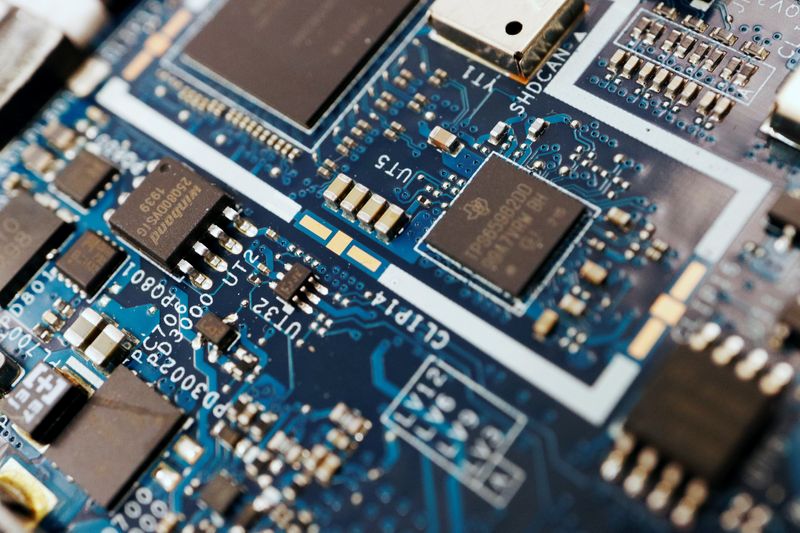Moody’s downgrades Senegal to Caa1 amid rising debt concerns
Investing.com - U.S. President Donald Trump administration is likely to allow a Biden-era rule curbing some artificial intelligence chip exports to lapse, according to analysts at Jefferies.
The regulations, which were issued a week prior to the end of former President Joe Biden’s term in the White House earlier this year, were designed to restrict AI chip and technology exports to enhance U.S. computing capabilities and hobble those of rivals like China.
On Wednesday, Reuters reported that Trump officials plan to rescind and modify the regulations, which were due to take effect on May 15.
A spokeswoman for the Commerce Department told Reuters that "the Biden AI rule is overly complex, overly bureaucratic, and would stymie American innovation". She added that it will be replaced by "a much simpler rule", Reuters added.
Previous media reports had suggested that the White House was looking to specifically do away with the Biden rule’s dividing of the world into separate tiers that would determine their access to cutting-edge AI chip exports from the U.S.
Under the Biden rule, the world would be separated into three tiers. Taiwan and 17 countries would be included in the first, and would have unlimited access to AI chips. Around 120 other countries would be in a second tier that would face more export caps, while a third -- which folded in China, Russia, North Korea, Iran -- were totally barred from the receiving the processors.
The Commerce Department spokeswoman called this system "unenforceable", although she did not provide a timeline for the implementation of a new rule, Reuters said.
Some Trump officials are considering replacing the tiered system with a global licensing regime that would allow for agreements to be secured by individual governments, Reuters reported.
In a note to clients, the Jefferies analysts said this approach would help Trump combine advanced chip access with his ongoing reciprocal tariffs to "maximize the U.S.’s bargaining power" in negotiations with other countries.
However, they noted that "the final details of government-to-government deals could take longer to finalize".
Shares in U.S. AI chip giant Nvidia (NASDAQ:NVDA) and peer Advanced Micro Devices (NASDAQ:AMD) were higher in premarket trading on Thursday. The stocks rose on Wednesday following the Reuters report.
(Reuters contributed reporting.)
